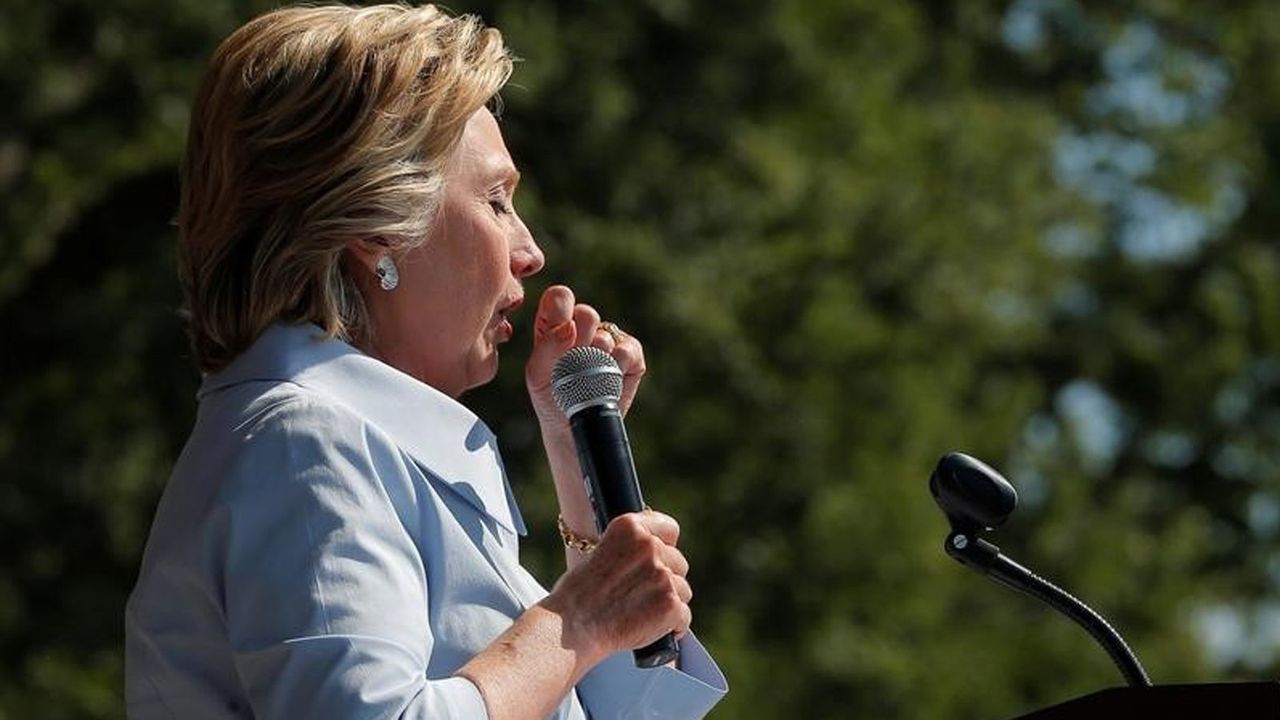
Throughout American history, the voting public has known little about the health of its presidents or presidential candidates. No one knew what, if any, kind of illness George Washington, Thomas Jefferson or Abraham Lincoln might have had.
Franklin Delano Roosevelt, who had been crippled by polio, fought World War II against the Japanese, Germans and Italians from a wheel chair that practically no one outside of Washington was even aware of. He died 90 days after his election to a fourth term in 1944.
After John F. Kennedy (who had secretly suffered from Addison’s disease) was assassinated in 1963, the American news media became increasingly interested in the health of presidential candidates and presidents themselves. But there is not one instance in which a candidate’s or a president’s health has become a decisive issue for voters.
Even when George Bush fainted after throwing up on Japanese Prime Minister Kiichi Miyazawa at a state dinner in 1992, it was regarded as an unfortunate incident, not a disqualification for his bid for re-election.
Last week, Democratic nominee Hillary Clinton would have been wise to inform the news media that she had been diagnosed “walking” pneumonia, but decided to push through her illness until she got overheated and dehydrated and nearly collapsed after attending the 9/11 ceremony in New York City.
Instead, her campaign revealed that she had been diagnosed with pneumonia two days earlier only after a bystander’s video of her nearly collapsing had emerged and it was obvious that she was sick with something.
Since then, as MSNBC’s Lawrence O’Donnell put it the other night, “The news media has lost its mind.”
Since Clinton’s health itself is not a genuine concern – althoughRepublican Donald Trump and his supporters argue otherwise – what is at issue is what the American news media are now calling “transparency” -- Clinton’s failure to be open and forthcoming about her health and everything else.
Of course, this is absurd when compared to Trump, who has refused to release his taxes (she’s put out 30 years’ worth) or explain how he plans to defeat ISIS (it’s a secret because he doesn’t want to tip off the bad guys) or provide actual medical records of his own.
So if Clinton’s health is an issue in her election, it’s only because the mainstream American news media have latched on to “transparency” in order to find grounds on which to criticize Clinton and appear to be “balanced” in their reporting.
Will this affect the outcome of the election? It’s not likely. Clinton voters will not switch to Trump because of her health or “transparency.” Trump voters won’t switch to Clinton because they hate her and everything she stands for.
The differences between the candidates on virtually every major issue – health care, international relations, trade, civil justice, women’s rights, gun control, etc. – are so vast, voters are locked into their candidates.
So far, there is no evidence that American voters have or intend to base their vote for president on whether they believe either candidate is physically fit to serve in office. Whether the candidates are psychologically, experientially or temperamentally fit for office is another question.
By those measures, voters – urged on by President Barack Obama -- have expressed real concerns about Trump, causing a number of high-profile Republican national security experts to announce that they cannot support the New York developer.
The national polls in the presidential contest will remain close. Winning candidates in the U.S. seldom win more than a slim majority of the nationwide vote. That, however, is not how American presidents are elected. Instead, a candidate must win a majority (270) of the electoral votes represented by the combined total of each state’s members of Congress plus three electors from Washington, D.C.
Clinton has a nearly 100% chance of winning California’s 55 electoral votes; Trump is just as certain to win the 38 electoral votes that Texas offers. Most survey analysts argue that Clinton holds a big lead in electoral votes from states that have reliably supported the Democratic candidate for president in the last four or five elections.
So, this year’s election will be decided by key battleground states like Florida, Pennsylvania, Ohio, Michigan, Wisconsin, Colorado and a few others. In these states, jobs, economy, national security and the candidate’s character and temperament, are more likely to determine outcomes – not the candidates’ health or “transparency.”
